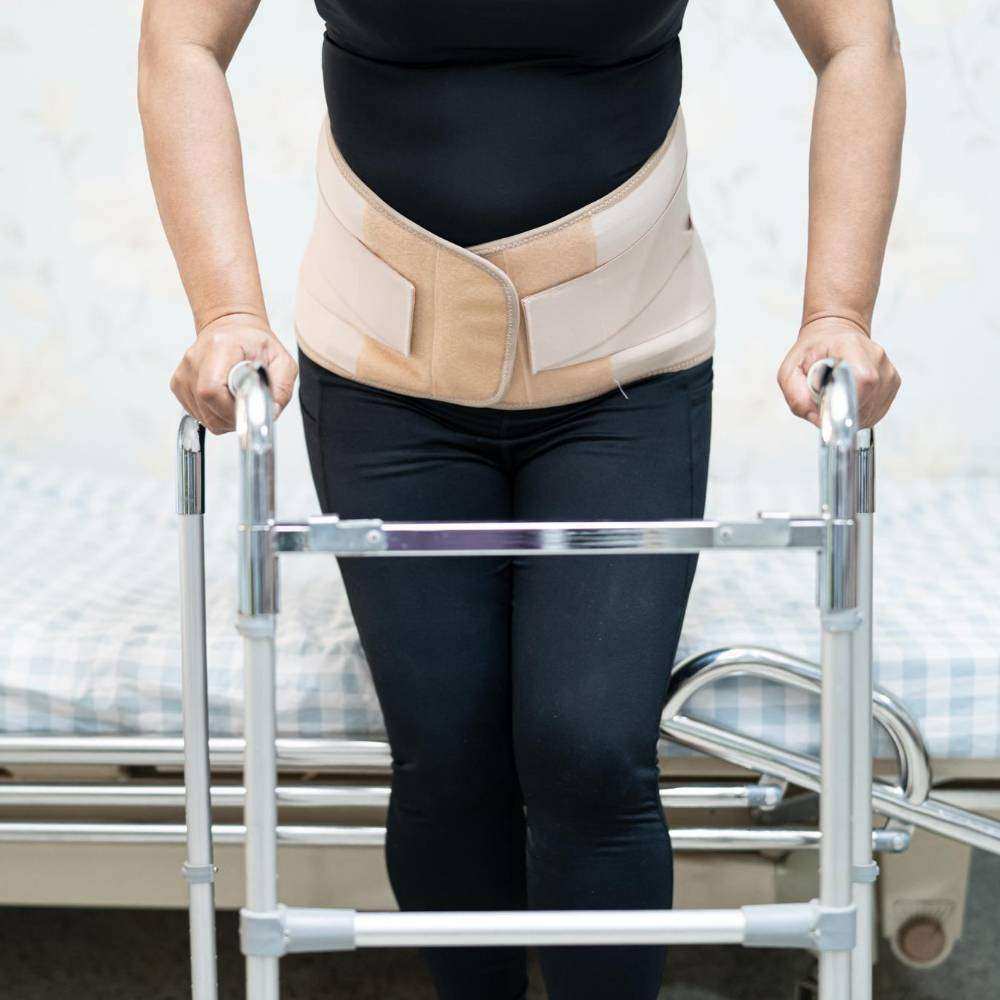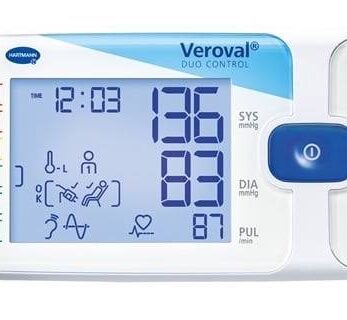Chronic diseases, such as diabetes, hypertension and arthritis, are long-term conditions with significant impacts on individuals' quality of life. These diseases require a continuous and integrated care approach, involving both preventative measures and management strategies. In this article, we will explore effective forms of prevention and care for these chronic conditions, offering valuable information for patients and caregivers.

Diabetes: Prevention and Control
Diabetes, characterized by high blood glucose levels, can be prevented or controlled through lifestyle changes. Diet plays a crucial role: foods rich in fiber and low in saturated fats and simple sugars are recommended. Regular physical activity is another important pillar, helping to maintain a healthy body weight and improve insulin sensitivity.
For those already diagnosed, regular monitoring of glucose levels is essential, as is adherence to prescribed treatments. Education about the disease and self-care are key components of effective diabetes control.
Hypertension: Strategies for a Healthy Heart
Hypertension, or high blood pressure, is often called the "silent killer" due to its asymptomatic nature. Prevention focuses on adopting a heart-healthy lifestyle. This includes a diet rich in fruit, vegetables, whole grains and low in salt and saturated fats. Regular exercise and maintaining a healthy weight are fundamental.
For patients with hypertension, regular blood pressure monitoring and adherence to prescribed medication are crucial. Reducing alcohol consumption and avoiding smoking are also important strategies in controlling this condition.
Arthritis: Relieving Pain and Improving Mobility
Arthritis covers various conditions that affect the joints, causing pain and stiffness. Although prevention can be challenging, maintaining a healthy body weight can reduce pressure on the joints. Low-impact exercises, such as swimming and cycling, are beneficial for maintaining joint flexibility and strength.
To manage arthritis, physiotherapy techniques and specific exercises can help improve range of motion and reduce pain. Medications, including anti-inflammatory drugs, can be prescribed to control inflammation and pain. In more severe cases, surgical procedures may be considered.
General Care for Chronic Diseases
Regardless of the chronic condition, some general care is essential:
1. Condition Education: Understanding your condition is fundamental to effective control. Seek information from reliable sources and participate in educational programs whenever available.
2. Adherence to Treatment: Follow medical advice and do not stop treatment without consulting a health professional.
3. Regular monitoring: Be proactive in monitoring symptoms and visiting the doctor regularly.
4. Emotional Support: Coping with a chronic illness can be emotionally challenging. Seek support from family, friends, support groups and health professionals.

Managing chronic diseases such as diabetes, hypertension and arthritis requires an integrated approach, focused on both prevention and ongoing care. Adopting a healthy lifestyle, following medical advice and staying informed are key steps to living well with these conditions. Remember, self-care and partnership with health professionals are essential for effective management of these diseases.







